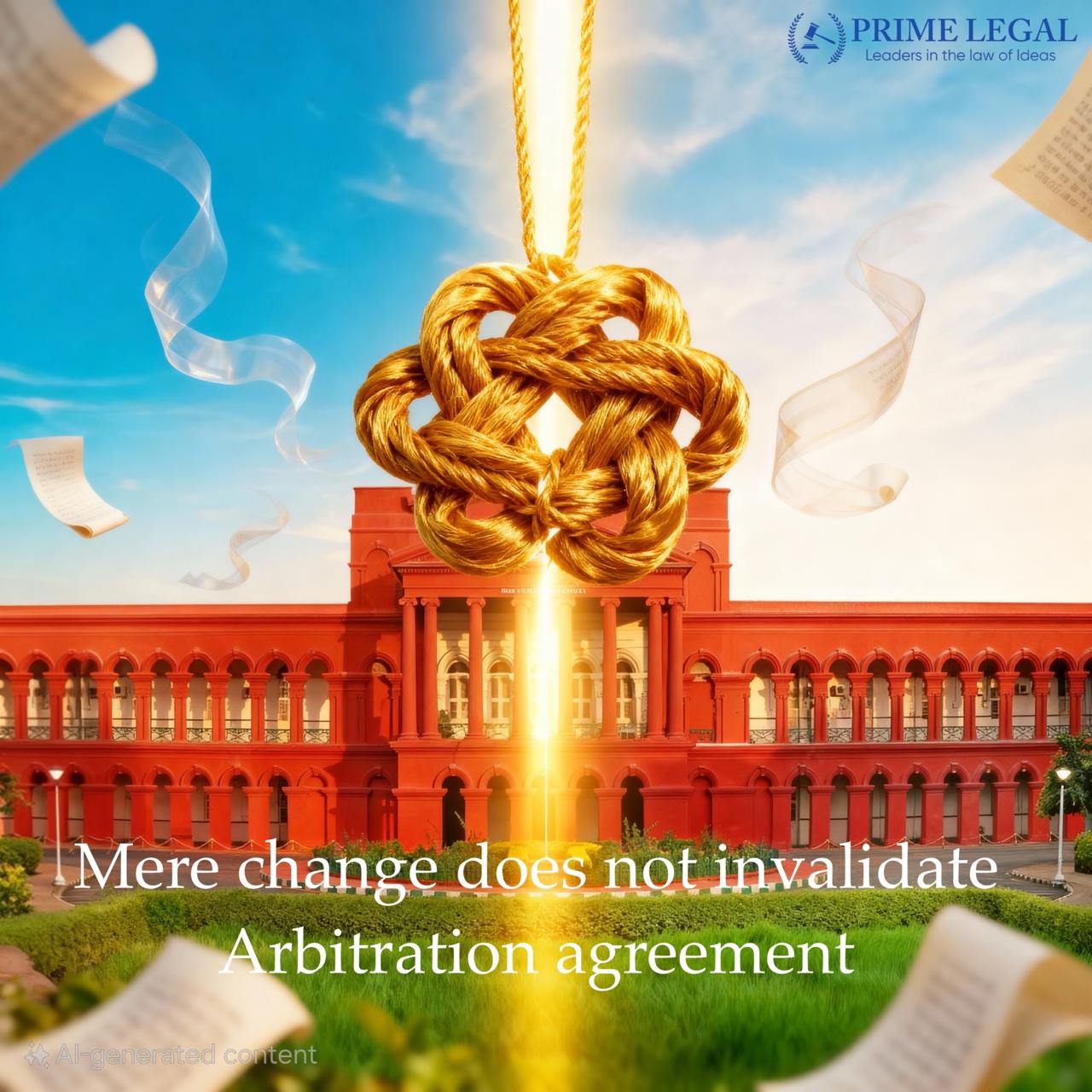Facts
L&T Infrastructure Finance Company Limited (LTIFL) is the appellant in this case, which entered into a Compulsorily Convertible Debenture (CCD) Agreement with BPCL and its promoters, the respondents, involving investment and pledging of shares, maturing in 2033.
With the passage of time, when it was discovered that BPCL is not initiating the buyback of shares, LTFIL decided to go for arbitration by invoking the arbitration clause in the CCD agreement.
The respondents filed a case against the appellants before the commercial court to which BPCL and its promoters challenged it , arguing their lack of consent to the arbitration proceedings.
The Commercial Court restrained LTIFL from proceeding, but on appeal, the Karnataka High Court set aside the injunction, allowing arbitration under the LCIA Rules to continue.
Issues
Whether the arbitration clause under the CCD Agreement (Clause 16) is valid and enforceable, specifically whether the parties agreed to arbitration under the London Court of International Arbitration (LCIA) Rules 2020
Whether in the given facts, an order restraining the parties from proceeding with arbitration is warranted
Whether the arbitration being conducted under the LCIA Rules is contrary to the agreement between the parties
Legal Provisions
Section 13 of the Commercial Courts Act, 2015: Provides the right of appeal against orders of commercial courts, under which the present appeals were filed.
Clause 16 of the CCD Agreement states unequivocally that any disagreements must be settled through arbitration in accordance with the rules of the London Court of International Arbitration.
Section 9 of the Arbitration and Conciliation Act, 1996: It contains provisions that courts use to grant interim relief, such as injunctions related to arbitration proceedings.
Section 5 of the Arbitration and Conciliation Act of 1996 requires courts to refer disputes to arbitration when an arbitration agreement has been agreed upon.
Section 34 of the Arbitration and Conciliation Act, 1996: This section elaborates on the grounds and procedure for challenging an arbitral award in court.
Limitation Act, 1963: Laws that govern the time period within which claims must be initiated.
Arguments
Appellants
The appellant contended that the courts below erred by restraining arbitration, as Section 5 intends to limit judicial intervention to uphold arbitration’s independence and efficiency.
The appellant contended that the courts could grant anti-arbitration injunctions only in rare cases involving foreign-seated arbitrations, when proceedings are vexatious and oppressive.
The appellant contended that the parties never agreed to arbitration under LCIA London.
Respondents
The Respondent submitted that the arbitration agreement was never intended to be administered by LCIA London but by LCIA India, as the parties were Indian and BPCL’s registered office was in Bangalore.
They argued that LCIA London and LCIA India are distinct, operationally independent entities
The Respondent placed reliance on the decision of the United States District Court for the Eastern District of Louisiana, whereby the court held that parties could not be compelled to arbitrate at the Dubai International Arbitration Centre (DIAC) without their consent (Baker Hughes Saudi Arabia Company Limited v. Dynamic Industries Inc and others: Civil Action No. 2: 23-cv-1396).
Analysis
When it came to analysis, according to the Karnataka High Court’s interpretation of the arbitration clause, the phrase “then in effect” was discussed heavily. It meant that the arbitration would be conducted in compliance with the LCIA Rules that were in effect at the time it was triggered, including the most recent LCIA Arbitration Rules 2020.
The Court did not find any proof that the arbitration process will be vexatious under the LCIA Rules 2020.
The Court heard the arguments regarding the differences between the LCIA that is in India and London, but it concluded that the arbitration agreement will not be affected even if the rules are substituted.
Henceforth, it set aside the commercial court’s order and allowed the arbitration to continue.
Conclusion
Overall, the Court provided clarity that since both the parties agreed to arbitrate and the LCIA rules were also existing at the time of signing the contract, the amendment that happened to the rules in 2020 will not make the arbitration clause void. It highlighted that Section 5 has a unique function, and it limits judicial intervention when it is not needed.
It held that any objections to the arbitration clause should be raised before the arbitral tribunal, not in court. The Court dismissed the claim that arbitration under the 2020 LCIA Rules was unfair or oppressive, noting that the arbitration remained in India and that Indian law continued to govern the contract.
“PRIME LEGAL is a full-service law firm that has won a National Award and has more than 20 years of experience in an array of sectors and practice areas. Prime legal falls into the category of best law firm, best lawyer, best family lawyer, best divorce lawyer, best divorce law firm, best criminal lawyer, best criminal law firm, best consumer lawyer, best civil lawyer.”
WRITTEN BY S. KAVIYA SRI
Click here to read more: L AND T INFRA INVESTMENT PARTNERS VERSUS BHORUKA POWER


